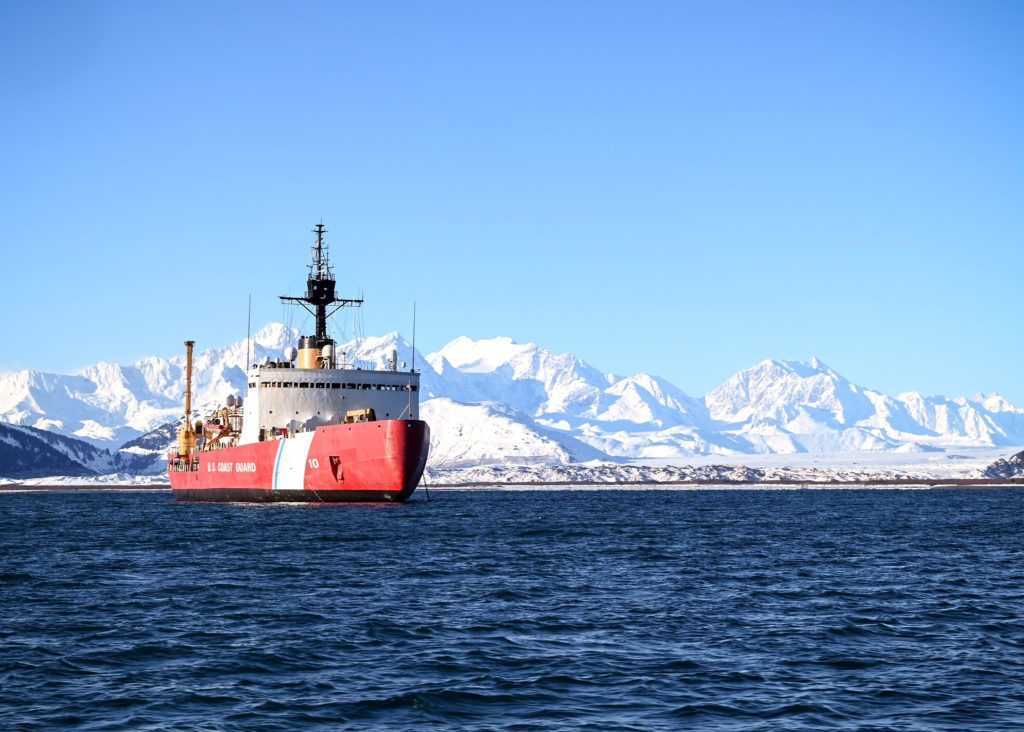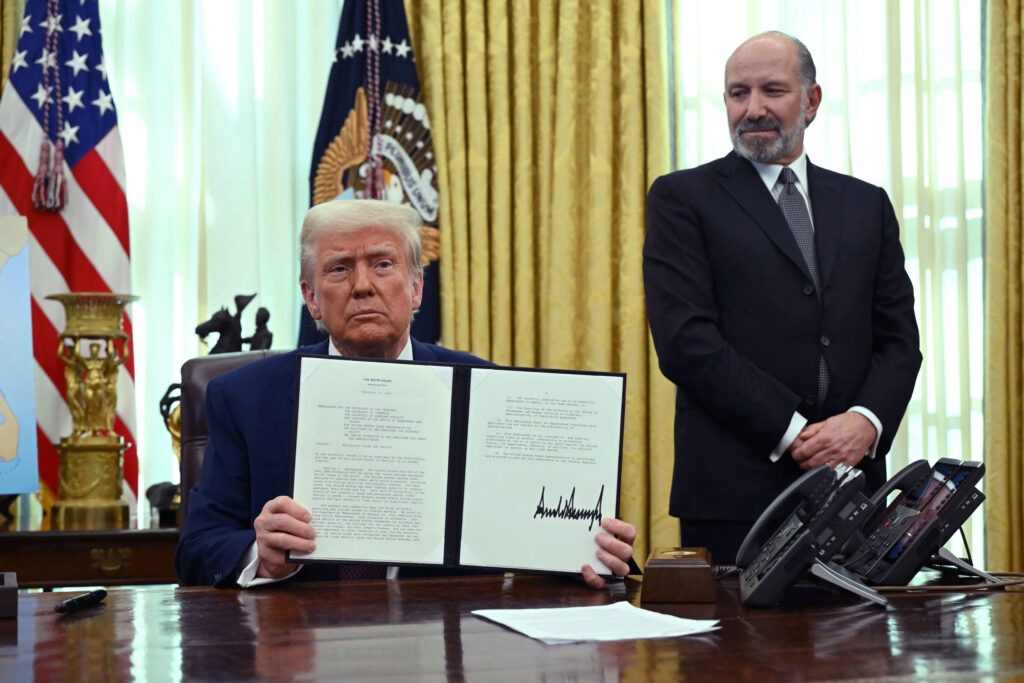Twenty years after exchanging bitter words following New Delhi’s nuclear tests, India-Japan ties exude exceptional warmth. From development assistance to maritime cooperation, both countries view each other as “special strategic and global partners.” But peer beneath the surface and an unsavory truth is readily apparent: ties are a mile wide but – infrastructure development cooperation aside – an inch deep.” In 2011, India and Japan began implementing the Comprehensive Economic Partnership Agreement; yet seven years later, bilateral trade has yet to hit even the $20 billion mark. India’s exports to Japan have in fact contracted in four of the past six years. Since early 2010, Japan and India have discussed joint infrastructure projects in third countries, including announcing an Asia-Africa Growth Corridor. But not a single project has taken off, including in Myanmar and the Mekong countries where the two share complementary interests.
The largest gap between form and substance is evident in the area of defence cooperation. The framework of Indo-Japanese defence ties has grown considerably, including the joint declaration on security cooperation, the action plan to advance such cooperation, a defence equipment transfer agreement, a classified military information security protection agreement, and the ongoing logistical support cooperation talks. Yet, 10 years later, the two sides have failed to realise the sale of a single defence article and there exists no conventional threat-specific contingency scenario in which the two militaries can practicably cooperate. The veiled threat to interdict Chinese shipping at the Indo-Pacific’s chokepoints might make for good theatre but is poor policy. Not since the Napoleonic wars has a campaign to interdict the shipping of a major power been successfully mounted — except during a general war.
India and Japan must grapple with the gulf that separates their guiding strategic precepts if they are to transcend the hollow institutionalisation that infects strategic ties. Though swayed by competing currents of Asia-oriented or autonomy-centred diplomacy, Japan, ever since its Meiji opening 150 years ago, has never been able to successfully postulate an order beyond a Western-led alliance framework.
For its part, independent India has never sought to articulate an identity within the framework of an alliance system – be it Western or any other. As Prime Minister Narendra Modi eloquently restated at the Shangri-La Dialogue in Singapore, New Delhi remains conspicuously committed to a non-Western, pluralistic model of cooperative security in Asia.
Nuzzling together within a broader anti-China coalition can only go so far in bolstering strategic congruence. Rather, Japan must adopt a more independent-minded approach in the Indo-Pacific that is less attached to the West and more amenable to partners like India.
This article originally appeared in The Hindu.






Diverging Currents: U.S.–China Strategies on Deep Seabed Mining and the Future of Ocean Governance